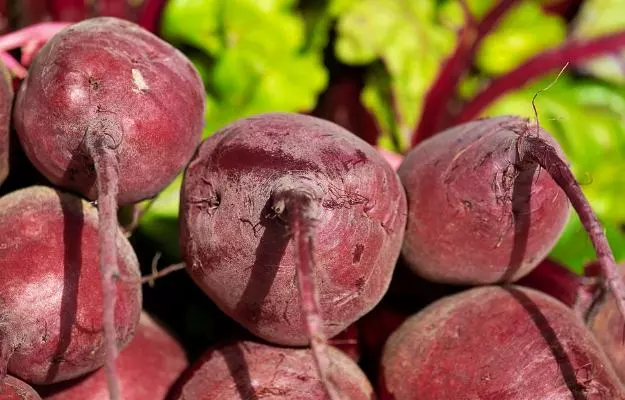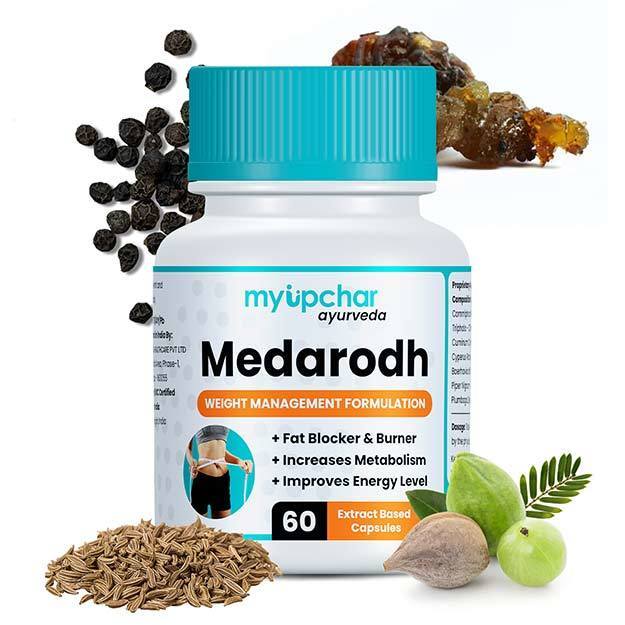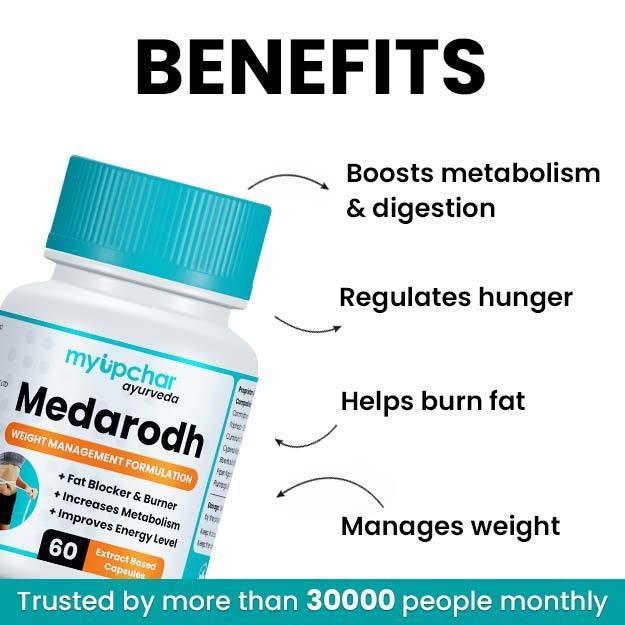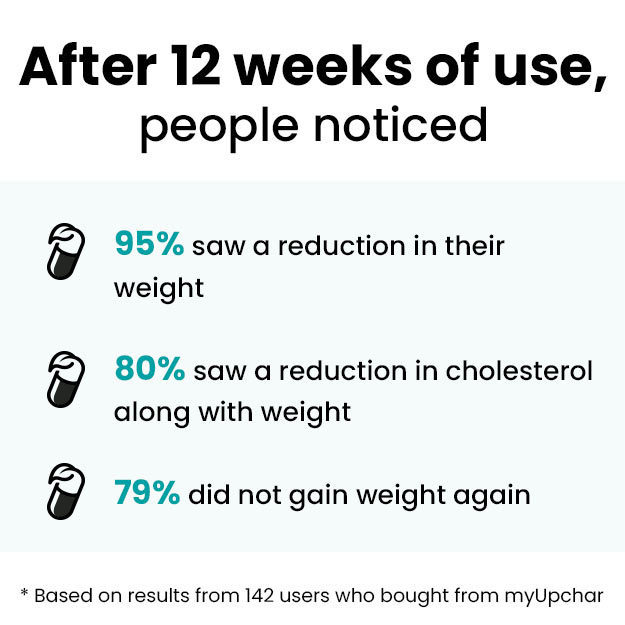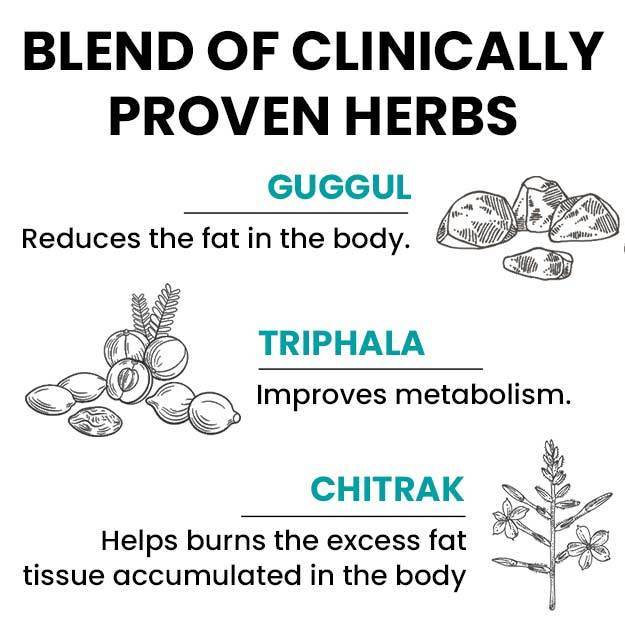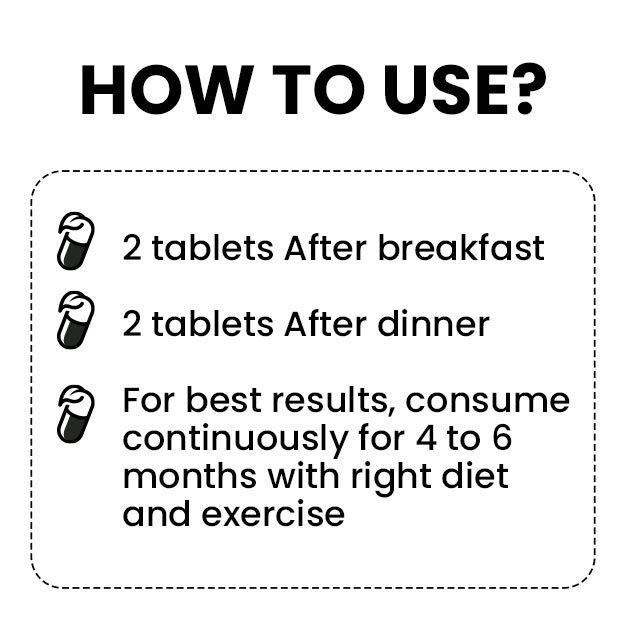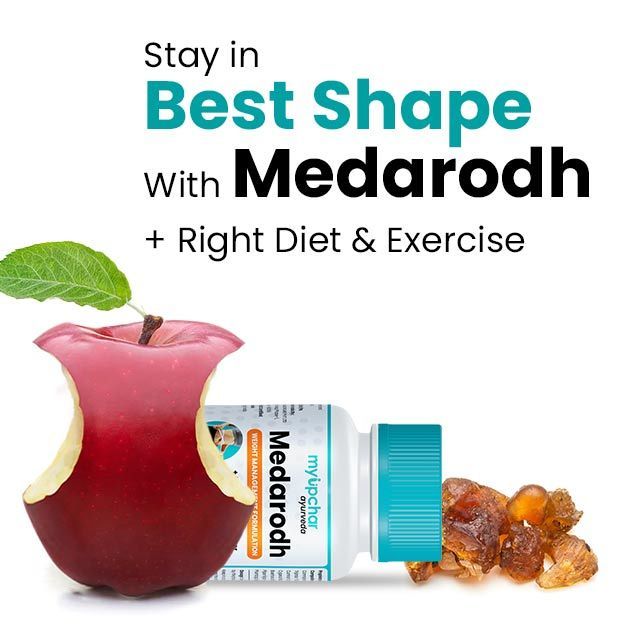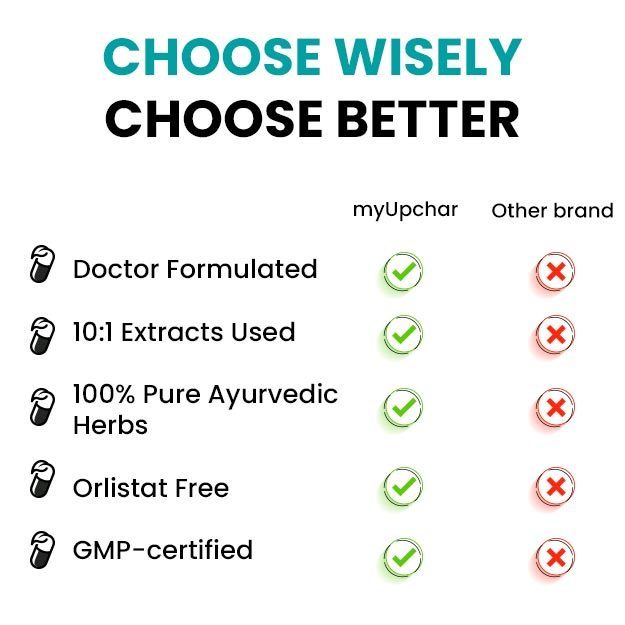Beetroot, also known as beet is a plant that belongs to the Amaranthaceae family. It is impossible to miss the deep red colour of a beetroot, whether you are eating it raw, grating it into a salad or blending it into soups and smoothies. Beetroot is appealing not just because of its attractive appearance and vibrant colour, but it is gaining immense popularity as a superfood because of its healing and health building properties. From juice to hummus to salads, beetroot is finding its place in almost every dish, adding colour, antioxidants, and flavours.
Beetroot was first cultivated by the Romans, however, it was only used as animal fodder then. It wasn’t until the 6th Century that beets became popular for human consumption. During the mid 19th century, beetroot juice was often used as a colouring agent in wines.
When harvested, the plant is edible in its entirety, from the shoot to the root. One of the reasons for the popularity of beetroot is that there are many ways to add this vibrant vegetable to your plate. It can be steamed, roasted, pickled, pressure-cooked, fried, boiled, juiced or can simply be eaten raw as a salad.
Beetroots are power packed with various nutrients and antioxidants that make them highly beneficial for the body. Regular consumption of beetroots can lower blood pressure, help prevent constipation, cancer and even protect the liver. Beetroots can also aid the body in the detoxification process, by eliminating the toxins from our body and flushing them out of the system through the urinary tract.
Some basic facts about beetroot:
- Botanical name: Beta vulgaris
- Family: Amaranthaceae.
- Common name: Beet
- Sanskrit name: Palangshak
- Parts used: roots and leaves
- Native region and geographical distribution: Beetroot is believed to have originated in Germany or Italy and spread to northeastern Europe. In India, it is mainly cultivated in Haryana, Uttar Pradesh, Himachal Pradesh, West Bengal and Maharashtra.
- Fun Fact: During the Apollo-Soyuz test project beetroot soup (Banquet of borscht) was served as a welcome drink to the Apollo 18 astronauts in space.

